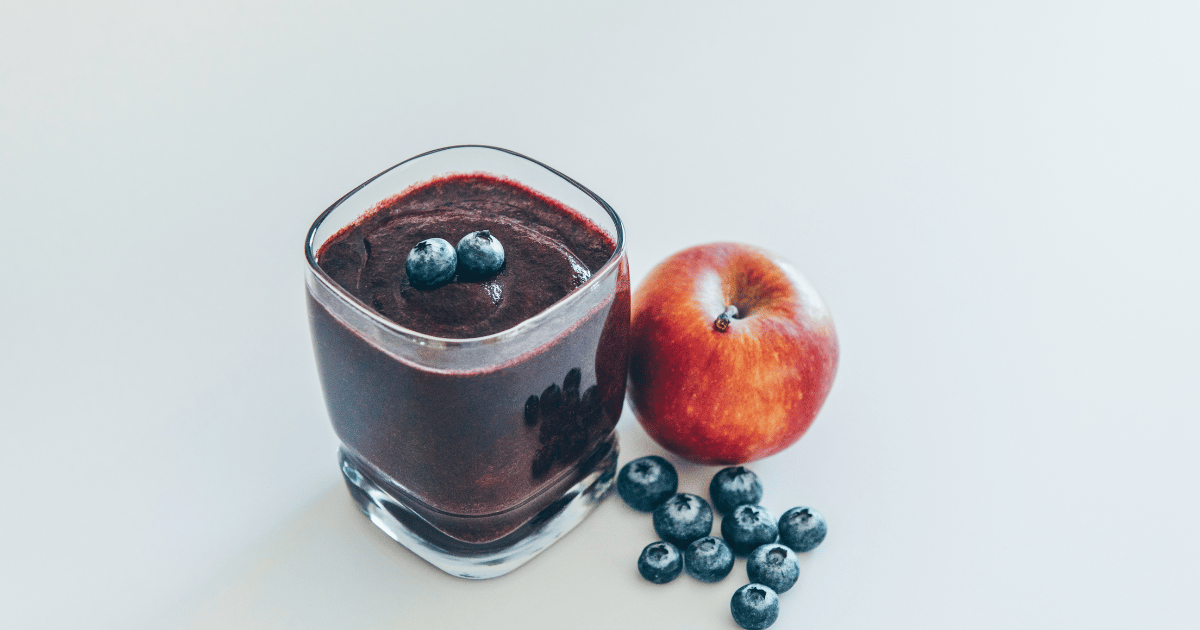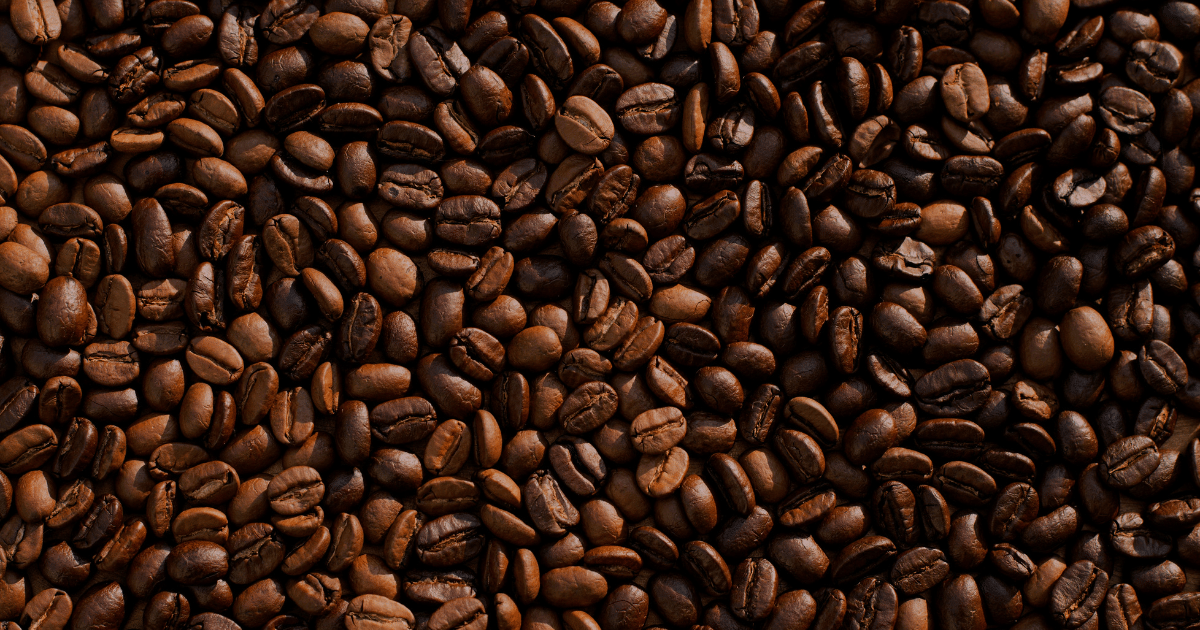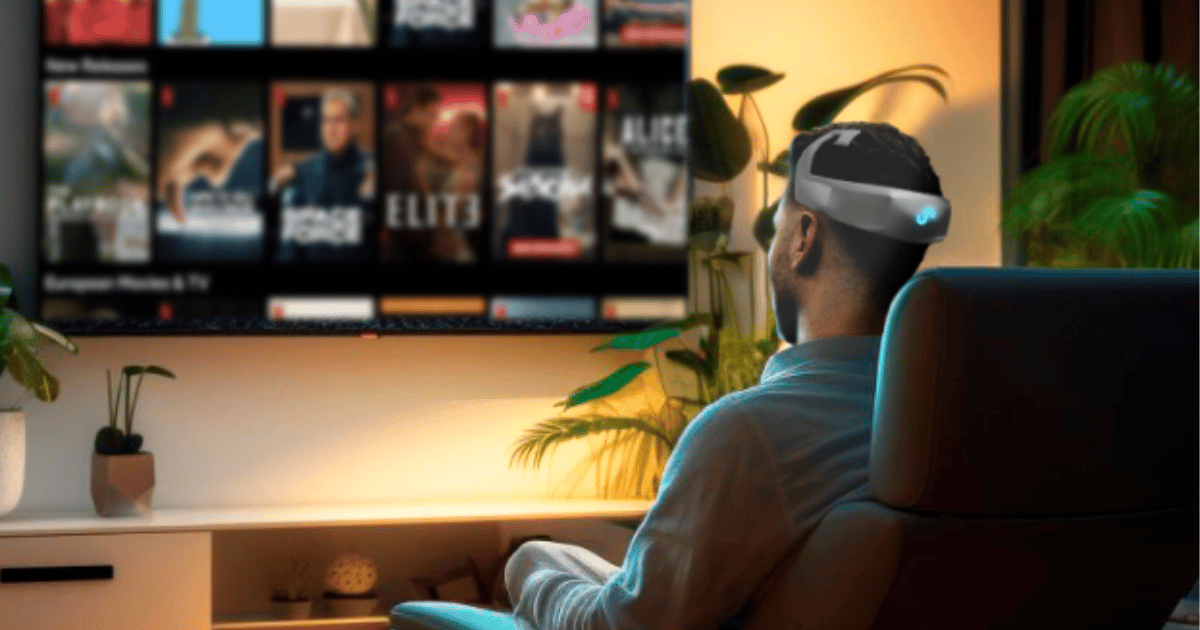
Your weekly longevity insights are here.
Low-dose rapamycin builds muscle and eases pain — science just made skipping leg day feel like a smart move.
Turns out, the fountain of youth might come in pill form… and with no squats required.
Don’t keep longer. a secret—share it with your friends!
This week in longevity:
🐭 Calorie-cutting resets aging fat in mice
☕ Coffee linked to longer life—even decaf
💊 Senolytic drug combo eases back pain in mice
🧠 Brain tech startup skips implants, uses nanoparticles
🍽️ Gut hormone influences food cravings and lifespan
Plus, more longevity breakthroughs.
Read time: 5 minutes
THIS WEEK IN LONGEVITY
FEATURED
🧪 Low-dose rapamycin shows promise for aging muscles

Source: Freepik
A year-long study called the PEARL trial found that weekly, low-dose rapamycin might help older women gain lean muscle and feel less pain—without major side effects. The trial didn’t hit its main goal (reducing belly fat), but it still showed some sex-specific health perks, especially in women. Researchers say even very small doses could have a real impact on healthy aging.
What to know:
Sex-specific benefits: Women taking 10 mg/week of rapamycin gained lean tissue and reported less pain, while men didn’t see the same effects.
How it works: Rapamycin blocks mTOR (a pathway that controls cell growth and aging), and scientists think this might help slow some signs of aging.
Not about weight loss: The trial didn’t reduce visceral fat (deep belly fat), but boosted quality-of-life scores and muscle mass in some groups.
Very low doses still worked: Because the compounded version had lower bioavailability (how much the body absorbs), effective doses were closer to 1.7–3.3 mg/week.
Who it’s for: Especially promising for post-menopausal women at risk of sarcopenia (age-related muscle loss); more research is needed before wide use.
Why it’s important: This study hints that rapamycin, originally a drug for organ transplant patients, might be repurposed to help people stay stronger and healthier as they age. If future research confirms these benefits, especially for women, it could be a game-changer for aging well—not just longer.
MADE POSSIBLE BY VIOME
🧬 Your body’s not guessing — so why are your supplements?

Source: Viome
Viome’s Full Body Intelligence Test looks at your microbiome, cellular health, and biological age to show what’s really going on inside.
Then it builds personalized supplements based on your results — only what your body needs, nothing extra.
Better sleep. Better energy. Better digestion.
Trusted by 500,000+ and shipped straight to your door.
FEATURED
🔥 Calorie-cutting and new drugs reset aging fat metabolism

Source: Freepik
A new mouse study finds that calorie restriction and certain “mimic” drugs can shift fat metabolism to look more like it does in younger animals. These changes happen across many organs, especially in males, and mostly involve lipids (fats). While these drugs don’t fully match the power of calorie restriction, they still seem to push the body toward a more youthful state.
What to know:
Lipid metabolism shifts: Both calorie restriction and longevity drugs like rapamycin and acarbose caused fat-related changes across tissues, especially in the liver, plasma, and fat.
Sex differences: The effects were stronger in male mice, showing big changes in fat composition and amino acids in the kidney and other organs.
Youthful patterns return: The treated older mice had fat metabolism profiles similar to much younger mice, suggesting a reversal of aging signs at the molecular level.
Fat tissue responds deeply: Inguinal (hip-area) fat in males and gonadal fat in females were especially responsive, with boosts in healthy lipids like phospholipids.
Drugs vs diet: While calorie restriction had the most impact, mimetic drugs still showed strong anti-aging effects—possibly a future option for people who can’t or won’t diet strictly.
Why it’s important: Fat isn’t just stored energy—it’s a powerful hormone-like tissue that controls aging and inflammation. Resetting how it behaves to match a more youthful pattern could mean better health, more energy, and less age-related disease. And if drugs can do this without full-on calorie restriction, that’s a big win.
💡 Want to break down a research article? Try this prompt in ChatGPT:
“Explain this in plain language. Avoid science terms. Keep it under 5 sentences. Then give 5 takeaways based only on this summary—no extra info or guesses: [Paste the article here]”
IN THE SPOTLIGHT

Source: Freepik
1. Morning Coffee Might Actually Help You Live Longer
Moderate coffee drinking isn’t just a caffeine boost—it’s linked to a longer life. Experts from the Buck Institute say coffee’s rich antioxidant content helps fight cell damage and chronic disease. Even decaf works, and adding healthy extras like cinnamon or creatine can boost the benefits even more.
2. Anti-Aging Combo Shows Promise for Back Pain Relief
A new study shows that combining two senolytics—o-vanillin and RG-7112—significantly reduced back pain and disc damage in mice. These drugs target senescent cells (old cells that trigger inflammation), which are linked to spine degeneration. Treated mice showed better disc health, stronger bones, and less pain, offering hope for future human therapies.
3. This Gut Hormone Changes What You Crave—and How Long You Live
Scientists uncovered a gut hormone called tachykinin (Tk) that responds to protein intake and drives food choices in flies and female mice. Tk lowers protein cravings, boosts sugar appetite, and even alters sleep and lifespan through the AKH hormone pathway. Blocking Tk extended lifespan, suggesting this gut signal could be a key to healthy aging.
LONGEVITY LAB
THE NEXT BIG THING
The Future of Brain Tech?

Source: Subsense
A startup just emerged from stealth with a bold promise—merge your brain with AI, no surgery required.
Subsense is building a non-invasive brain-computer interface using nanoparticles that can enter through the nose or bloodstream. The goal: read and stimulate brain activity without implants, treat neurodegenerative diseases, and eventually replace screens with direct brain-AI interaction.
It’s not just about medicine—it’s a new way to experience the world.
LONGEVITY SNAPSHOTS
WHAT ELSE YOU SHOULD KNOW THIS WEEK

Source: Freepik
🧬 Lung Repair: Scientists found brain-like repair cells in mouse lungs, overturning decades of belief. These cells could help treat spinal injuries and other brain diseases.
🐶 Dog Lifespan: Loyal’s longevity drug trial for dogs hit 1,000 enrollees, making it the largest study of its kind. The daily pill aims to delay age-related diseases and boost quality of life in senior pets.
❤️ Cholesterol Breakthrough: A massive study shows combining statins with ezetimibe cuts heart deaths by up to 49% in high-risk patients. Experts now call this combo the new gold standard for preventing heart attacks and strokes.
🥗 Age Better: A 30-year study linked plant-rich diets to better aging in over 100,000 people. The best diets boosted odds of staying sharp, active, and disease-free by up to 124%.
🧪 Custom Wellness: Bioniq and Remedy Place team up to offer personalized supplements based on blood tests and lifestyle data. Members get quarterly updates and AI-optimized formulas to boost energy, longevity, and health.
WHAT WE’RE BOOKMARKING
📱 Social
🎧 Podcasts
📰 Articles
⚙️ Tools to Try
Thanks for reading.
What did you think of this week’s newsletter?
See you in the next issue.




